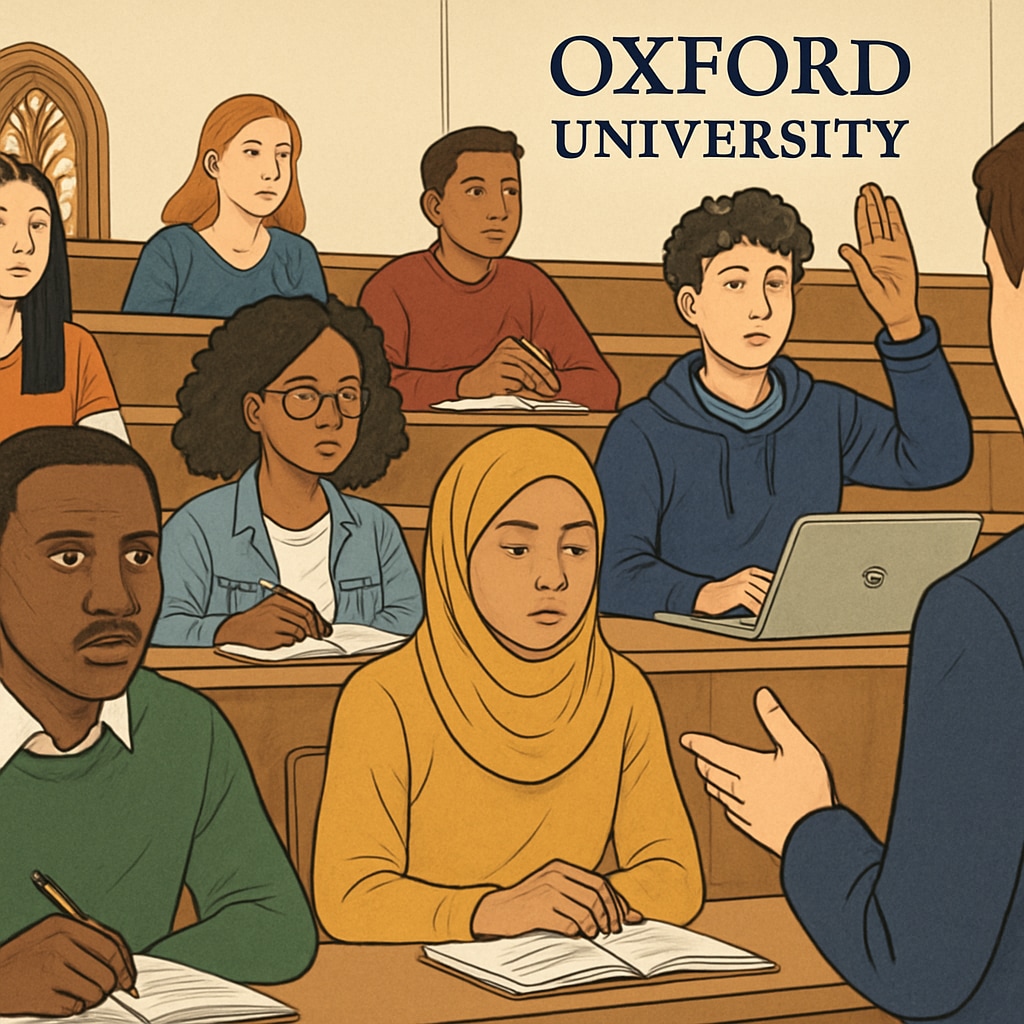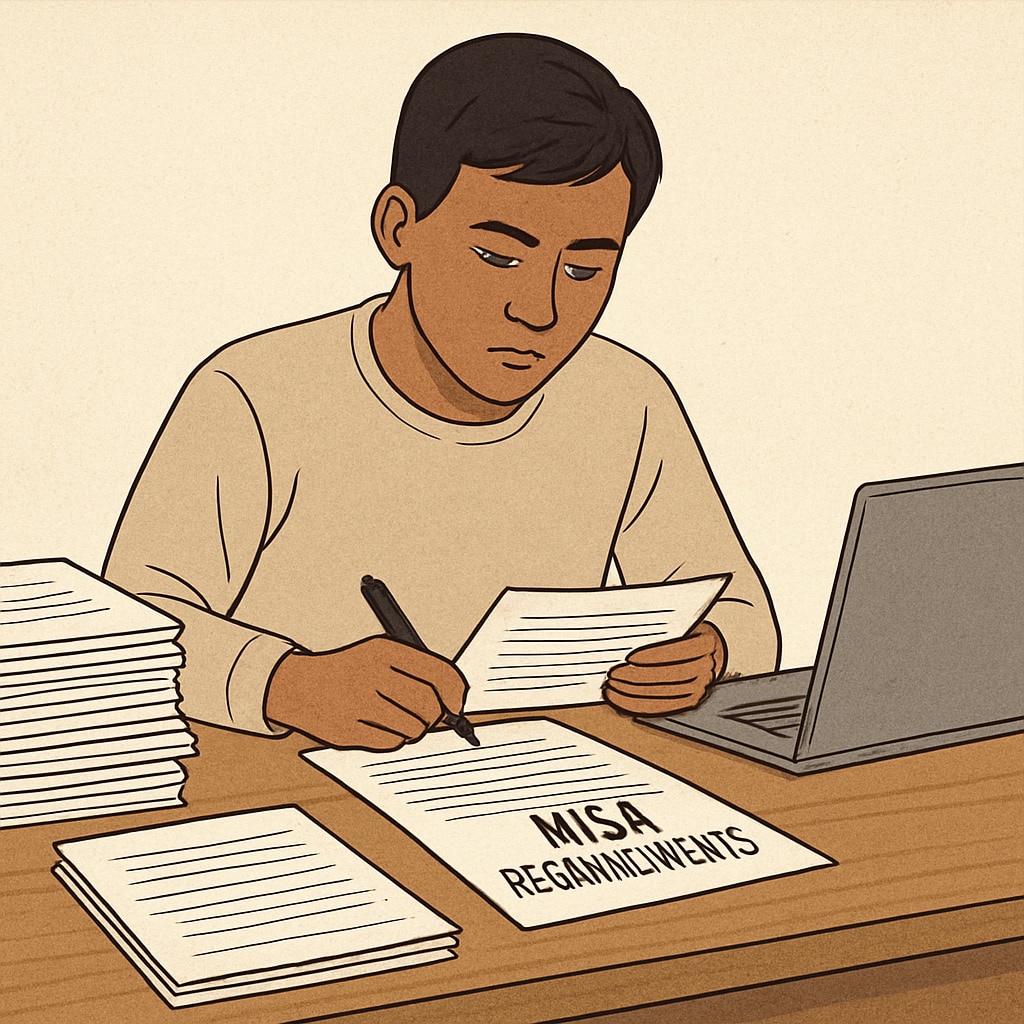Immigrant students in the United Kingdom, including those at prestigious institutions like Oxford University, encounter significant barriers in accessing higher education. These barriers are rooted in high international student fees and immigration status restrictions, which collectively hinder their ability to fully benefit from the academic opportunities available. A striking example is the story of a Nigerian immigrant student who, despite earning admission to Oxford, faced financial and legal hurdles that cast a shadow on her academic journey. This article examines how these challenges impact immigrant students and calls for policy reforms to create a more equitable educational environment.
Financial Struggles: The Impact of International Student Fees
One of the most daunting obstacles for immigrant students in the UK is the cost of international student tuition. While UK domestic students benefit from subsidized fees, immigrant students often face exorbitant charges, sometimes exceeding £30,000 annually. This financial burden disproportionately affects students from low-income immigrant families, limiting access to elite universities such as Oxford. For example, international fees often deter talented individuals from pursuing their dreams, regardless of their academic merit.

Moreover, the lack of financial aid options for immigrant students exacerbates the issue. Scholarships and grants targeted at domestic students rarely extend to those classified as international students due to their immigration status. As a result, many immigrant families are forced to make difficult decisions, such as taking on significant debt or forgoing higher education altogether.
Immigration Status: A Barrier to Opportunity
Beyond financial constraints, immigration policies in the UK impose additional challenges on immigrant students. Strict visa requirements often limit their ability to work part-time while studying, making it nearly impossible to offset their educational expenses. Additionally, the uncertainty surrounding visa renewals can create stress and disrupt academic progress.

For instance, students from countries like Nigeria face complex bureaucratic processes that delay or restrict their access to educational resources. This creates a paradox where talented individuals, who could contribute significantly to the UK’s academic and professional fields, are held back by systemic barriers tied to their immigration status.
Call for Policy Reform
To address these inequities, policymakers must prioritize reforms that ensure equal access to higher education for immigrant students. Potential solutions include:
- Reducing international student fees for long-term UK residents or those who have lived in the country for a significant period.
- Expanding scholarship programs specifically for immigrant students.
- Easing visa restrictions to allow part-time work opportunities for students.
- Creating pathways for immigrant students to transition to domestic fee status based on residency duration.
These changes would not only benefit immigrant students but also strengthen the UK’s reputation as a global leader in education and diversity.
Readability guidance: The article employs short paragraphs and clear subheadings to improve readability. Lists are used to summarize key points, while passive voice and long sentences are minimized to maintain focus and clarity.


